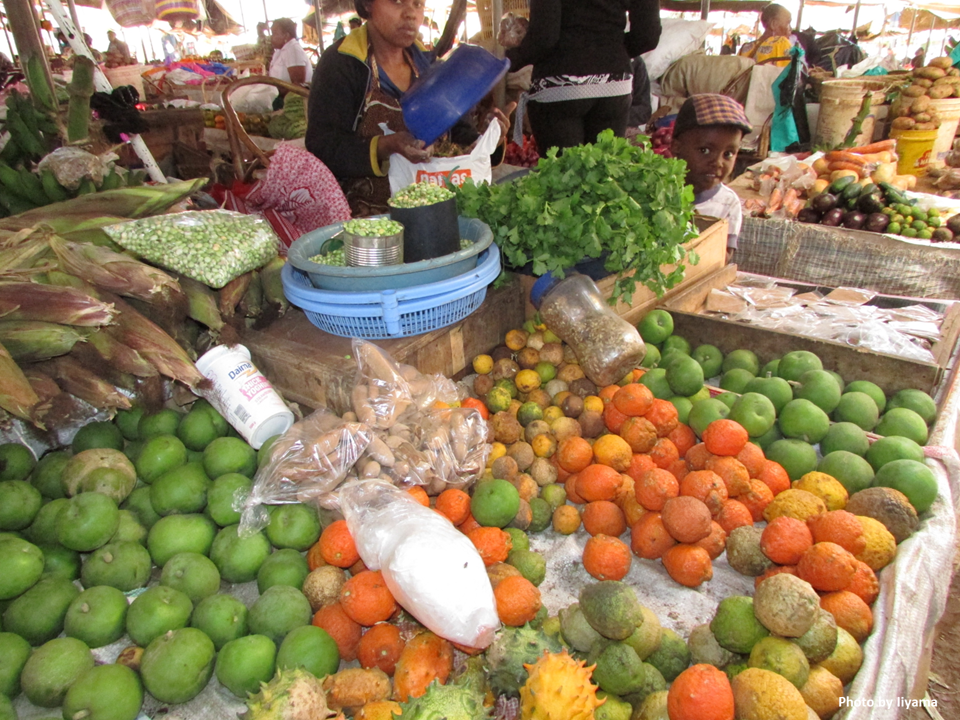Pick Up
1381. Breakthrough in Food Waste Management

1381. Breakthrough in Food Waste Management
More than 1 billion tons of food are wasted annually worldwide, accounting for up to 10% of global greenhouse gas emissions. Food waste also accounts for up to 14% of methane emissions. Methane is a short-lived climate pollutant with a 20-year warming potential 84 times greater than carbon dioxide. Food waste contributes to economic losses of $1 trillion annually, and reducing it is one of the most cost-effective, scalable, and impactful solutions to combat climate change and hunger, especially in urban areas.
On November 13, 2025, in Belém, Brazil, where COP30 is being held, the United Nations Environment Programme (UNEP) and partners launched a new initiative to halve food waste and reduce methane emissions by up to 7% by 2030 as part of efforts to curb climate change.
The announced initiative, part of the Marrakech Partnership for Global Climate Action's 2030 Climate Solutions, brings together governments, cities, and civil society to address the root causes of global hunger and climate change.
Contributor: IIYAMA Miyuki, Information Program
